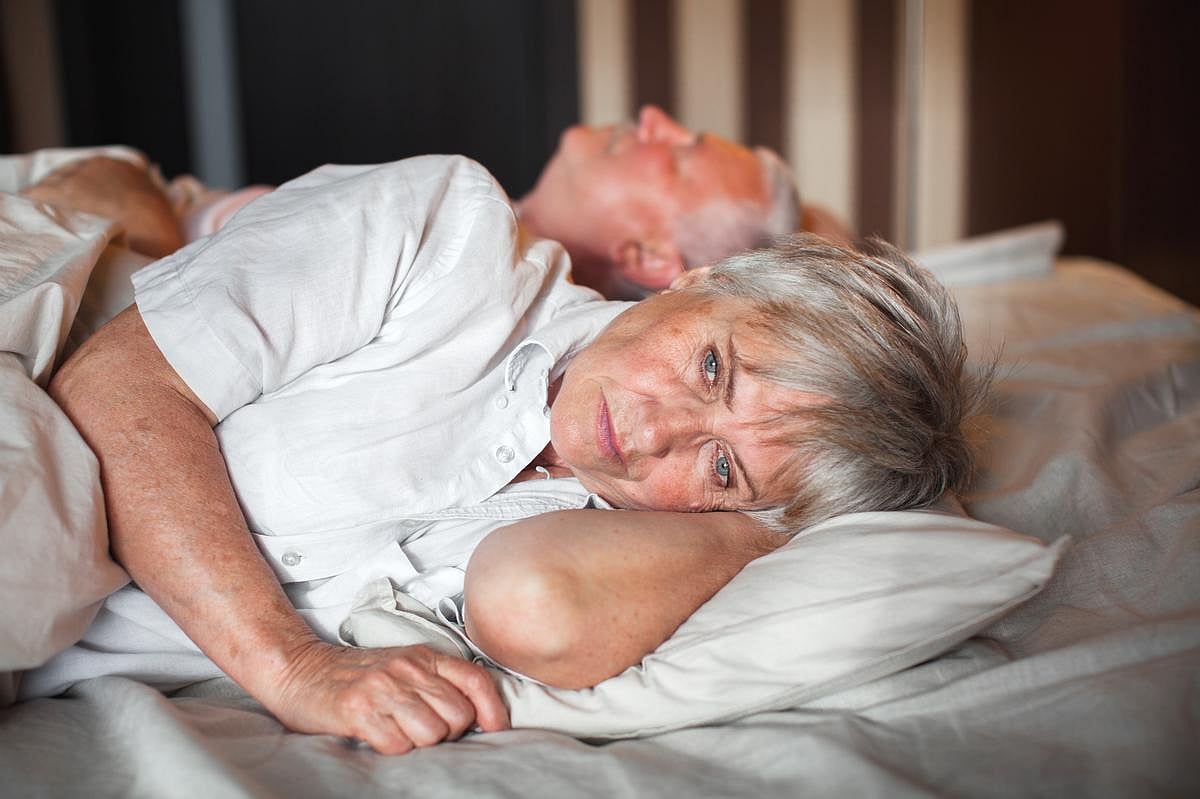Manténgase sano!

- Posted September 12, 2024
Sleep Changes Common for Stroke Survivors
Less than half of people who've survived a stroke will go on to have a healthy, normal sleep pattern, new research shows.
Normal sleep is defined as six to eight hours of shuteye nightly. However, a majority of the nearly 1,600 stroke survivors in the new study got either too much or too little sleep.
“Sleeping the right amount is considered essential for ideal brain and heart health,” said study lead author Dr. Sara Hassani, of Duke University School of Medicine in Durham, N.C.
“We know that abnormally long or short sleep after stroke can affect recovery and deteriorate quality of life, so these results should prompt us to screen for these issues and look at how we can help people improve their sleep habits," she added.
Her team published its findings Sept. 11 in the journal Neurology.
Almost 40,000 adults were involved in the new study, and 1,572 of them had survived a stroke. Every two years, they were queried about their average sleep time on a weekday/workday.
Stroke survivors were less likely to get normal sleep compared to people who'd never experienced a stroke, and the differences were relatively stable by age: 32% vs. 54%, respectively, for people age 18-44; 47% vs. 55% for people age 45-64; and 45% vs. 54% for people over age 65.
After accounting for risk factors such as high blood pressure, age and weight, long sleep -- more than eight hours -- was 54% more common among stroke survivors, Hassani's group reported.
Likewise, short sleep -- less than six hours -- was 50% more likely among stroke survivors than people without a history of stroke.
“In previous research, stroke has been linked to abnormal sleep, in particular sleep apnea,” Hassani said in a journal news release. “Conditions like insomnia and excessive sleepiness are common in stroke patients and may occur as a direct or indirect consequence of stroke itself. Future research should explore the links between stroke and duration of sleep and determine the effect of sleep duration on outcomes after stroke.”
More information
There are some tips on getting good sleep at the Sleep Foundation.
SOURCE: American Academy of Neurology, news release, Sept. 11, 2024





